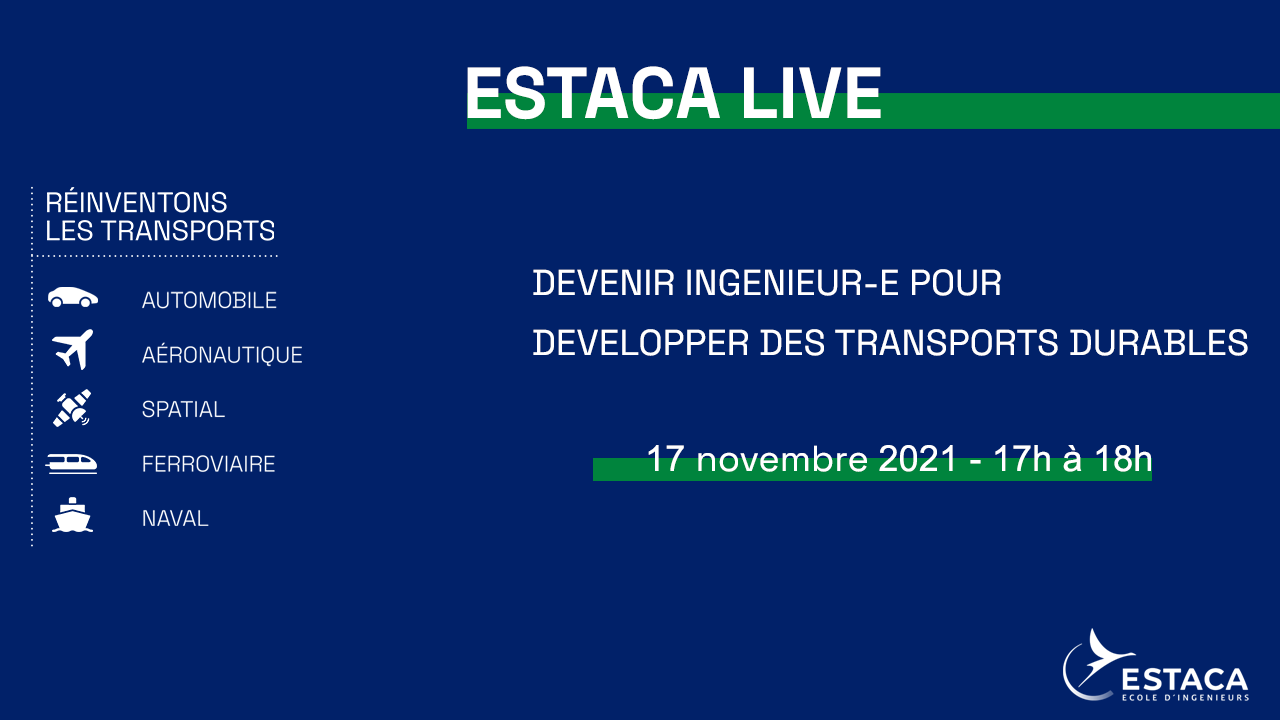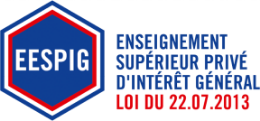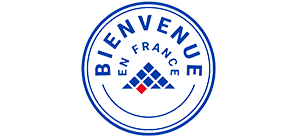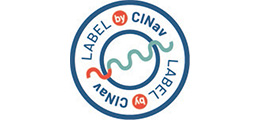Graduates discuss the challenges of sustainable transportation
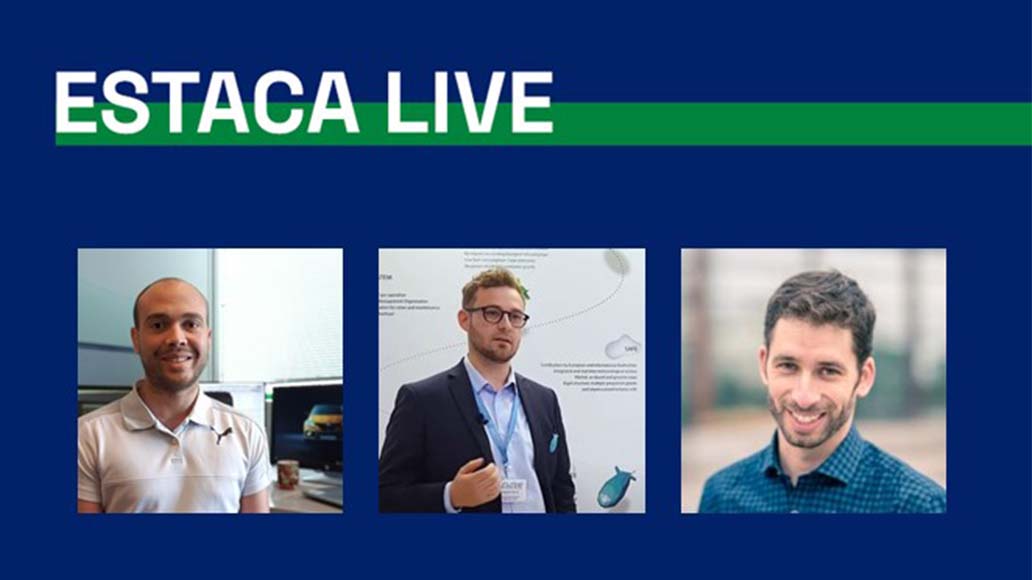
On November 17, the first ESTACA Live event of the year took place on the theme “Becoming an engineer to develop sustainable transport”. Government advisor for future investment, hybrid motorization engineer at Renault and airship specialist: three graduates came to talk about their careers and their vision of the skills that need to be developed to meet the challenges of tomorrow’s transport.
ESTACA engineers: professionals who know how to adapt
Thibault Proux, a 2013 graduate and aeronautics engineer, works for Flying Whales, a young company that builds and operates airships. It was an intial airship design project with an association during his studies at ESTACA that made him want to devote his career to the issue. He joined Flying Whales shortly after its creation and helped develop it at the beginning of the adventure, by solving many challenges on a daily basis. He explains that engineer’s training is an advantage for tackling the challenges at hand:
This was also the case for Anthony Lelarge, who graduated in 2010 and is currently Deputy Director of the industry program at the Secrétariat Général pour l’Investissement (General Secretariat for Investment), which was set up by the French State to finance innovative and promising national projects. After working for 5 years as an R&D engineer at Valeo, he then joined the ADEME (French environment and energy agency) as head of the “Sustainable City and New Mobility” program before taking up his position with the government. What he remembers from his training, after a career already rich in experiences, is the scientific rigor and the ability to adapt and learn throughout his career:
Transforming transport: an exciting challenge for future engineers
Arnaud Jeanne, a 2016 graduate, is a hybrid motorization engineer for the Renault Group. He explains that in just a few years, a real turning point has been reached. Innovation goals have changed in the industry
Thibault Proux also recalls the wealth of challenges facing tomorrow’s transport and the need for talent in this field



